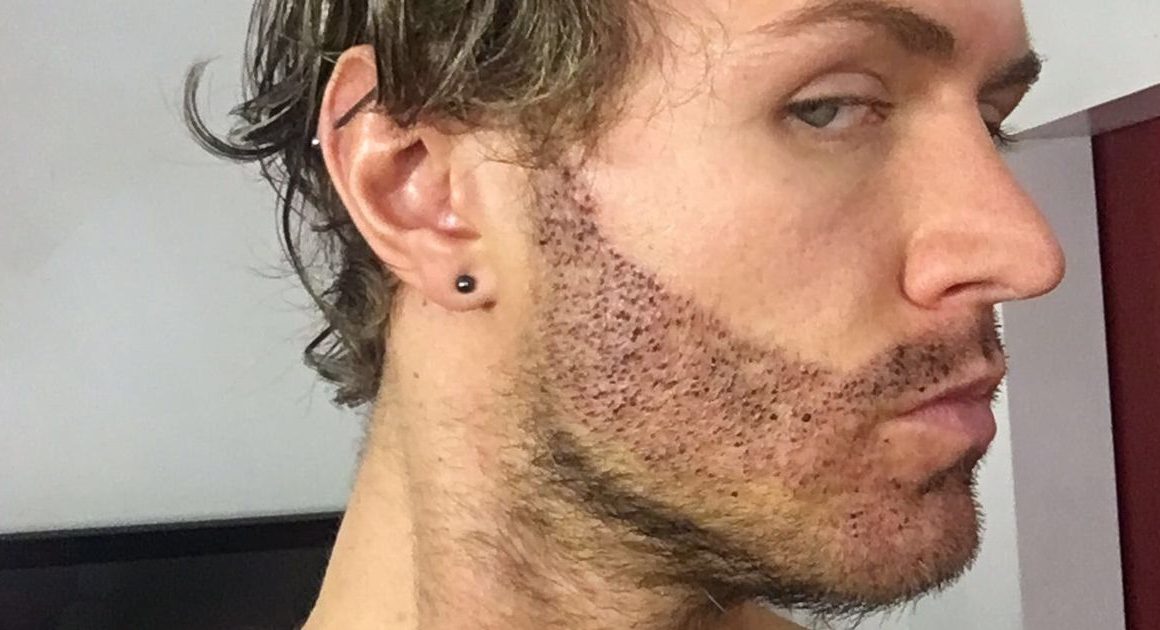While smoking is the leading cause of lung cancer, many people who get the disease never smoked. Such people comprise around 20% of persons who die of lung cancer each year. Apart from smoking, your environment and genetics might also contribute to your risk. If you have a father, brother, or sister who has had lung cancer, you are twice as likely to have the disease as someone who does not have a family history of the disease. However, it would be best if you put that danger into context. Your overall risk is shallow. Having a parent or sibling diagnosed with lung cancer does not guarantee that you will develop the disease. Only approximately 8% of lung cancers are familial.
Nonetheless, just like any other health problem, it is prudent to be aware of one’s family history and address it with an oncologist in Kolkata to lower the risk.
Gene changes that may lead to lung cancer – Clinical trials and research shows how specific lung cancer risk factors might alter lung cells’ DNA. These modifications can result in aberrant cell development and, in some cases, cancer. DNA is the molecule that builds up our genes, which are responsible for how our cells work. Our DNA, which is inherited from both parents, affects much more than our appearance. Additionally, it can affect our chance of acquiring certain diseases, including some types of cancer.
- Specific genes have a role in determining when cells grow, divide to form new cells and die.
- Oncogenes are genes that encourage cell proliferation, growth, and survival.
- Tumor suppressor genes are those that aid in cell division control or induce cells to die at the appropriate moment.
Alterations can induce cancers in the DNA that activate oncogenes or inhibit tumor suppressor genes. Typically, mutations in a large number of distinct genes are required to cause lung cancer. Patients with a family history of lung cancer must go for regular screening tests and consult an oncologist in Kolkata for early detection or diagnosis of the disease.
Eligibility for lung cancer screening – Low-dose CT scanning carries hazards, including the chance of causing more damage than help in those who are less prone to develop lung cancer. People at a higher risk of lung cancer speak with their doctor, who can help them make an educated decision about whether or not they should be checked. If people choose to get tested, they should do so every year until they reach 74, as long as they are still healthy.
History of heavy smoking – A person with Heavy smoking habits is defined as a smoking history of 30 pack-years or more. A pack-year is defined as a year in which an individual smoked one pack of cigarettes each day. For example, smoking one pack of cigarettes per day for 30 years and smoking two packs per day for 15 years would both qualify for the 30 pack-years requirements.
Currently smoking or have recently quit smoking – Current smokers and those who have stopped in the last 15 years are at a higher risk of lung cancer and should be tested. Screening should be considered for current smokers who are receiving counseling to quit smoking.
Family history – A person with a family history of lung cancer must regularly consult an oncologist in Kolkata to lower the risk of getting lung cancer. A patient can determine whether now is the best time to schedule their lung cancer screening by speaking with a medical expert about the advantages, limits, and potential dangers.
Older than 55 – Those between the ages of 55 and 80 should get lung cancer tests regularly.
Many patients with lung cancer will not show symptoms until the illness has progressed. Some people may misinterpret the early signs and symptoms for another condition. Anyone at a greater risk of lung cancer should get screened every year to catch the disease early on when it is simpler to treat. On the other hand, screenings may miss some kinds of lung cancer or identify it at a later stage. You can book an appointment with an oncologist in Kolkata to know more about cancer screening, diagnosis, and treatment procedures through Credihealth.
Credihealth also gives details about a hospital’s facilities and services, including ambulance availability, blood banks, pharmacies, physicians, and pricing, treatment expenses, and reviews and ratings. To get medical help with any therapy, call Credihealth’s in-house specialist at 8010-994-994 and ask for a call-back.





